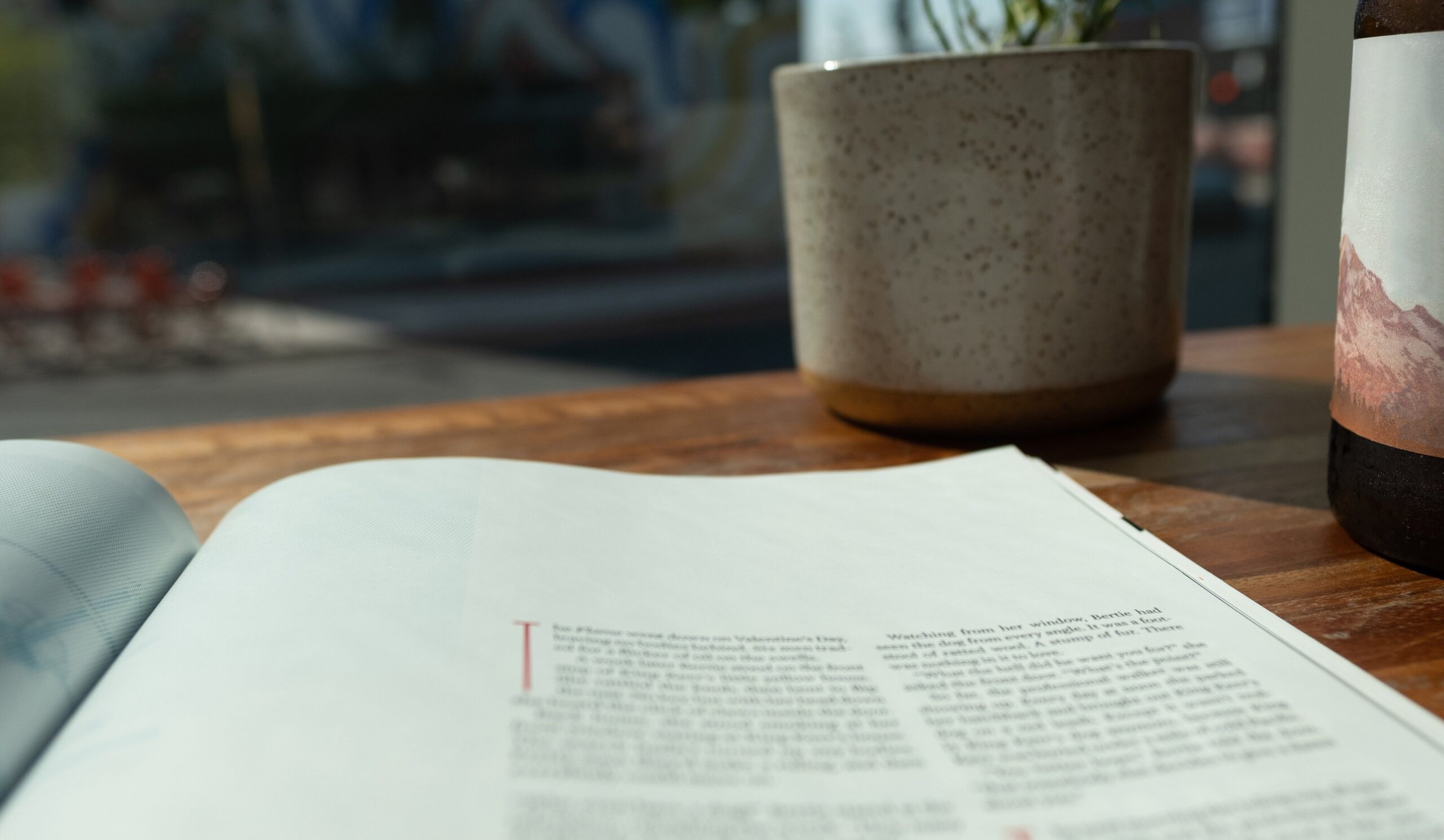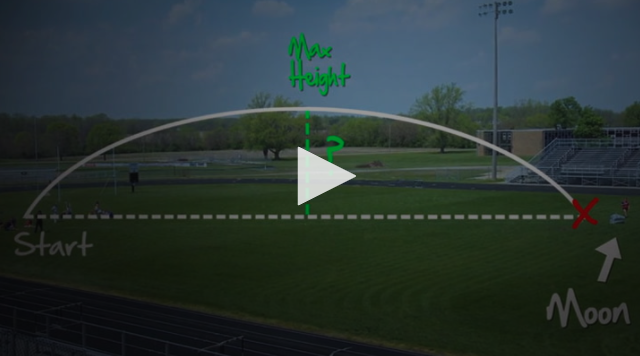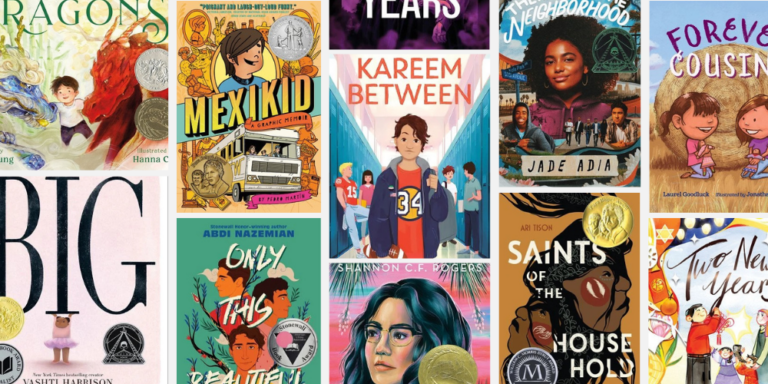Many people have the wrong idea that teachers spend their summers traveling and sipping mojitos by the swimming pool. While those are attractive options in which we sometimes partake, there’s no denying that teachers love learning. I sometimes wonder whether I love learning more than I love teaching because once that first week of the summer break passes, I get a learning itch that needs scratching.
Over the last few years, I’ve endeavored to do these five things to learn something new during the summer months, and I’ve noticed that my creativity and teaching expertise has improved as a result. Take a look and see if you can use any of these suggestions for your personal professional learning.
Listen to a podcast or take an online class unrelated to education.
Innovation is not something that happens as a sudden spark of genius. While the final idea that makes the innovation possible might come suddenly, the entirety of it is a result of multiple, often unexpected, connections the brain makes as it acquires and uses new information. If you want to increase your chances of coming up with original teaching ideas, venture outside of the education realm. Start listening to a podcast (or two) you wouldn’t have considered before and try to apply the ideas you learn to your teaching.

Try Tch Talks to discover ways to improve your practice, gain insights into the profession, or simply spark your own imagination.
Write a nonfiction book.
As a teacher, you already know that the best way to learn something is to teach it. This is why each year you feel better – more competent and more confident about your knowledge of the subject you teach.
Writing a book on a topic is one of the best ways to become an expert. This is especially true if you find the topic interesting. As you already possess some knowledge, you have a starting point — which is a great motivator to get going on writing a book. In the process, you learn in greater depth because you’re tasked with explaining to the reader the specifics and providing examples of the things you write about. The book doesn’t have to be long. It can be a short, 20 to 30-page eBook you can use to teach a difficult concept in your classroom. Or maybe you can share your eBook to help your colleagues use game-changing technology tools.
Take it from someone who loves the neuroscience of learning — each time I write a book, I learn significantly more about how to teach and learn effectively and efficiently. This is because the book-writing process calls for full immersion in the topic and detailed explanations of the concepts, allowing me to fill any knowledge gaps I have. For example, while I dabbled in using the memory palace technique in learning, I only became an expert on how to build, fill, and rehearse memory palaces after I tasked myself with writing four lessons on this technique for my new book, Crush School Student Guide: Learn Faster, Study Smarter, Remember More, and Make School Easier.
Do something you fear.
Pushing yourself to do something that scares you will serve two purposes: you’ll become more innovative and you’ll face your fears – both of which help you achieve better performance. Your fears may be the very things that prevent you from achieving your peak performance and assuming a leadership role in your classroom or school building.
Maybe you’ve been thinking about trying a new method in your classroom that’s a little innovative and outside the box. Or maybe you’re thinking about leading a professional learning session or presenting your work at a conference for the first time. Doing something new can be frightening. But before you decide, consider how reasonable your fear of something is. You might discover that while some fears are legitimate, many are anxieties conditioned by our evolution and are, in fact, experiences we can face and from which we can grow.
Make something new.
Build a treehouse with your 12-year-old, a cardboard spaceship with your preschooler, or find another DIY project online and involve your entire family. Many people don’t do things when they don’t feel competent and that’s precisely why they don’t learn! To learn, you must go through a period of struggle, but it is during that period that you learn the most. It’s the first step that presents the biggest hurdle.
VIDEO: To The Moon!
Fix something you know little or nothing about.
If you own a house, chances are you have a few projects to attend to during the summer months. There might be one or two you need to outsource to your relative, friend, or a professional. But what if you tried to do it yourself? Much like creating something you might not be familiar with, fixing something you know nothing about is a big challenge. However, facing challenges and solving problems is how we learn the most. Pick a project that won’t lead to your demise or the destruction of your house, find a YouTube video and a few online articles, learn a little, and fix it yourself.
I know nothing about washers and dryers, but I fixed a dryer once. I had to take it apart and put it back together after changing a broken heat sensor. It works to this day. This year, I’m fixing the sprinkler system. Wish me luck!
Let’s be real my teacher brethren, number one is easy but you probably learn the least listening to podcasts compared to the other four activities. On the other hand, if you take the information you hear during a podcast, expand upon it, and write about it in a book, use it to face one of your fears, or apply it to fix or make something, you have truly learned it. Knowledge is not what you know but how you use it. Happy learning!








